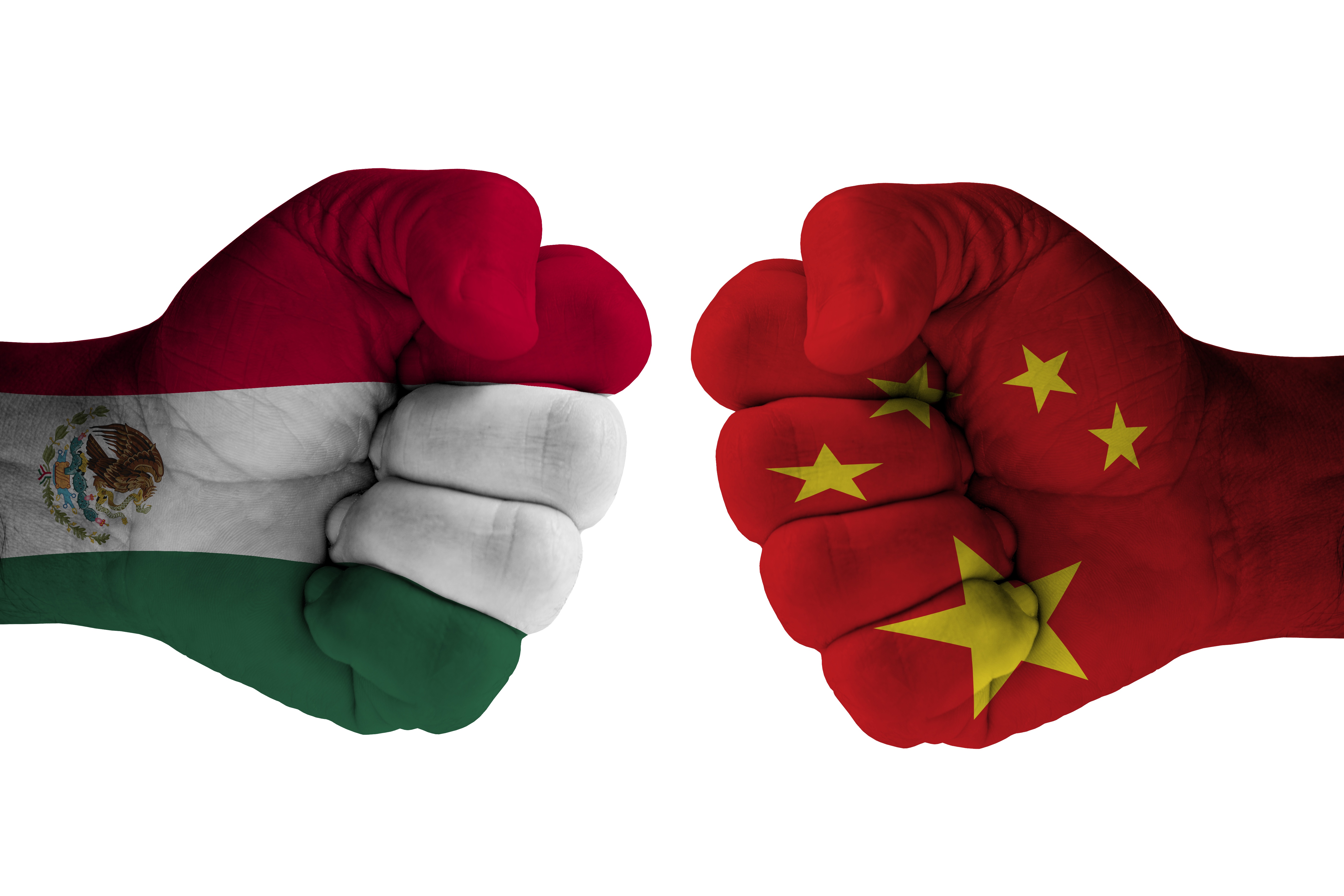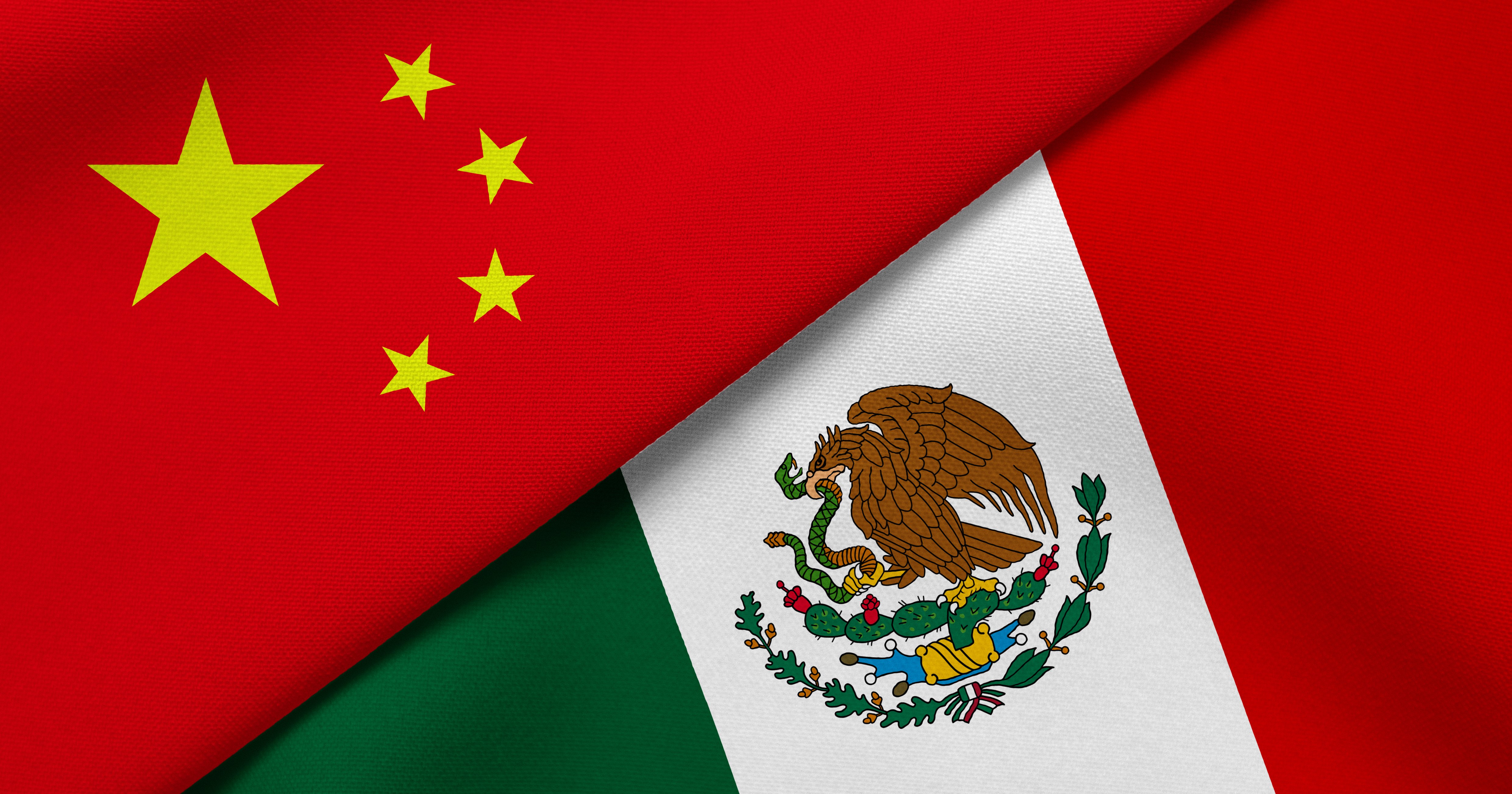Industries are beginning to move from China to Mexico, according to the San Diego Daily Transcript. This is due to the fact that it has now become cheaper to build in Mexico versus China, causing companies to transition from one country to the other. In the past, there were more offshore sites in Mexico than China, but then China became cheaper, and companies moved to China. Now that China has become more expensive, companies are moving back to Mexico.
"What we've seen in the last five years is a shift in that dynamic, and Mexico becoming what it was before, 20 years ago," said Enrique Esparza, chairman of the board of the Tijuana Economic Development Corporation. "Beginning in 2000, we saw an exodus of companies from Mexico to Asia, and now we're seeing that trickling back for a variety of reasons - a lot of politics behind it, the made-in-North America effort behind it and cost."
As China becomes a stronger country economically, it is hurting its ability to be a center for inexpensive manufacturing. Labor expenses are growing too steadily, the cost of living is rising as well. This is in addition to the cost for transporting the goods from overseas to the U.S. In Mexico, U.S. borders are only a few hours - or at most a few days - north, and there is a free trade agreement that makes products shipped across from one North American country to another tariff free in most circumstances. Mexico has free-trade agreements with 44 countries in total, around the world.
Fitch affirms Mexico's IDRs are stable investments
The international rating company Fitch has confirmed that Mexico's "long-term foreign and local currency Issuer Default Ratings (IDRs)" are 'BBB+' and 'A-', respectively. This means that Mexico is a sound investment and that nothing has changed to make Fitch reconsider its decision about investments in Mexico.
According to Fitch, Mexico has a "disciplined policy framework, well-anchored macroeconomic stability, low external imbalances and an adequately capitalized banking sector." It also favors the reforms that President Enrique Peña Nieto has established to strengthen the Mexican economy.
The ratings company has also addressed Mexico's ability to bounce back from the U.S. Federal Reserve Bank's tapering, which has caused currencies in other markets (like Turkey) to fall in value. Fitch attributes this strength in the economy to heavy investment by foreign companies, particularly U.S. companies, which has caused the peso to remain relatively stable.
Energy industry experiencing ongoing revision
Petróleos Mexicanos, or Pemex, continues to make the news as President Nieto unveiled his proposed legislation that will affect the energy industry as a whole, but especially Pemex, which was a state-run oil and gas monopoly until 2013. Rather than get rid of Pemex entirely, the government plans to keep it, and allow it to compete with other companies. Although the laws are yet to pass Congress, Nieto proposes several changes, according to Reuters.
One such change is that Pemex's tax burden will transition from 79 percent of revenue to 65 percent or lower. The idea is that energy companies coming from within and out of Mexico will join to pick up the remaining tax burden. Additionally, the finance ministry would set commercial terms for all new contracts on a base-by-case basis, with set recoverable costs and minimum investments.
Reuters cited that coal mining companies will also be able to drill for natural gas without needing to win a separate contract. Gasoline prices will also be set by the finance ministry (and not private companies) through the year 2019. Also at that time, other companies aside from Pemex will be allowed to import petroleum products.
Subscribe
Sign up and stay informed with tips, updates, and best practices for manufacturing in Mexico.





